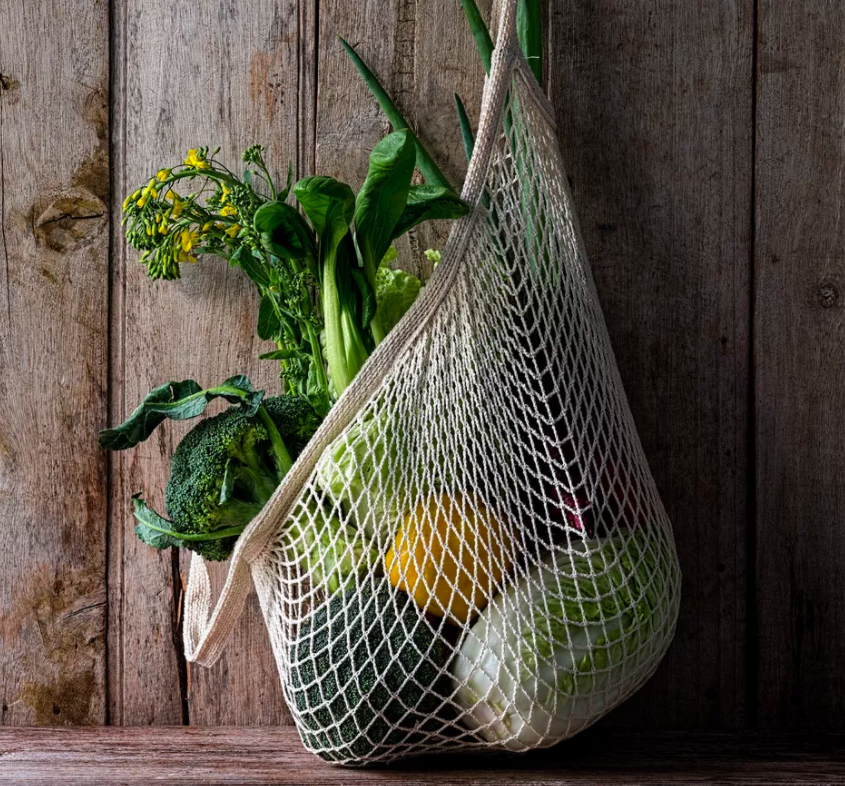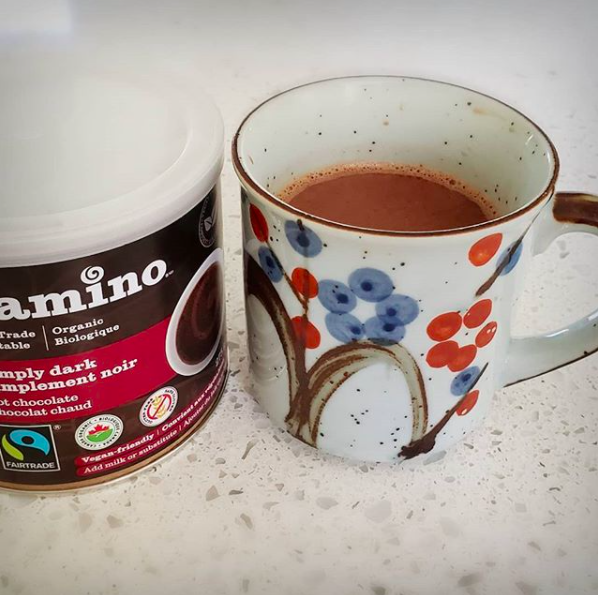In the times we’re living in, one question that’s on all of our minds is this: how can I feel less resigned to the fate of the world?
I know that things are undeniably scary. We are on the brink of a crisis that certainly isn’t helped by the coinciding pandemic. Our collective actions are contributing to wildfires, rising sea levels, and air pollution. Feeling hopeless and helpless is normal, which is why most of us (at least, those who are choosing to read an article like this) are taking matters into our own hands. Specifically, we’re taking individual actions that, when combined, should translate to larger change.
But a lot of the mainstream environmental discourse surrounding individualized activism, like bringing reusable bags and eating less meat and dairy, isn’t nuanced enough. That is, it doesn’t consider a lot of smaller ways that these actions might hurt more than help, in some cases. That’s where this article comes in! Here, I’ll try to make you think a little bit differently about the main tenets of sustainable living. None of it’s meant to be discouraging or even critical, really — just thought-provoking!
Without further ado, let’s dive in.
1. Realize perfection is impossible.

Source
We live in an age of Instagram-perfect zero wasters, all-or-nothing vegans, and a world that otherwise pushes us to be perfect all the time. When it comes to sustainable living, the best example of this phenomena is the zero waste “trash jar”, which I’ve written about here. Our work effort is admirable, but let’s be realistic: it’s resulting in way too much burnout. All of this perfection is just too much.
Don’t let your altruistic efforts to make the world a better place become so all-consuming that you give up before you even start. Acknowledge that baby steps are important and far from trivial. Every single little thing you do, you should celebrate — for instance, instead of beating yourself up for failing your goal of cutting out red meat, try to celebrate all the mealtimes that you opted for something else instead.
2. Watch out for greenwashing.
Big companies are catching on that consumers are trying to buy better. But for many, instead of tangibly changing their practices, they’re only trying to make it look like they’ve done so. This is greenwashing.
You can avoid greenwashing by doing your research. Look up the company: do they have reports on their sustainability practices? What about third-party certifications (like Fairtrade)? You can also check out other sustainability bloggers and influencers, many of whom do product reviews and resource lists of actually-eco stuff.
Leah Thomas, shown in the Instagram post below, is just one example of an environmentalist influencer who does these things. She is the founder of Intersectional Environmentalist, an activist organization which seeks to make sustainability more incorporative of diverse voices and perspectives.
3. Challenge the notion that ‘sustainable eating’ looks only like cutting out animal products.
As we’re all pretty much aware by 2020, plant-based diets have gained tremendous levels of popularity, and for good reason. Opting for less meat and dairy can be excellent for your health, and it’s certainly better for the environment. For starters, according to UCLA, it reduces our individual water use, carbon emissions, and landfill contributions. The UN has stated that eating less meat can assist with food insecurity, since animal pastures use more land than other food sources but produce less product. Animal farming also directly impacts climate change through their disproportionate creation of methane emissions, which play a huge role in global warming.
But it’s important to remember that you don’t have to go fully vegetarian or vegan in order to be a good environmentalist. And there are many reasons why you might choose not to be. Personally, I was a die-hard vegetarian for about a year and a half, but over this past summer I switched into a much more flexible diet.
For reasons ranging from health reasons to what is financially, physically, and culturally available, it’s not up to us to decide what those around us should eat. And simply encouraging everyone to cut out meat and dairy because it’s “bad for the environment” can be unjust, as writer Juliana Yazbeck says here. Meat and dairy aren’t inherently carbon-intensive — capitalist and colonial practices have simply made them so through things like factory farming. Second of all, replacing meat and dairy with mass-produced crops like chickpeas and quinoa, and more have resulted in higher demand, and therefore higher use of unethical labour practices. These jobs are often done by underpaid folks of colour. Finally, meat is culturally intrinsic to many, and asking people to take it out of their diets is asking them to surrender their culture. We cannot care about the planet if we don’t also care about the welfare of its people.
The Food Miles movement also encourages people to take a harder look at exactly where their products are coming from instead of just interrogating what they are. Perhaps you’ve switched entirely to a vegan diet, and are primarily consuming protein sources like tofu and chickpeas. That’s great…but where are your products coming from? Were they locally-made, or shipped from afar? If it’s the latter, you may want to consider the carbon footprint of the food’s travel on top of it simply not being an animal product.
4. Look for sustainable and ethical products.

Source
Like I said above, climate action must have a justice-oriented approach. We must care about the earth and its people. A great way to find climate and ethics-friendly products is to look for the Fairtrade logo: a holistic certification that ensures rigorous labour and environmental standards. Some examples of easy-to-find, Fairtrade-certified products include Equifruit bananas and Camino chocolate.
Fairtrade primarily supports economic and social sustainability by advocating for workers’ wages and decent conditions. It humanizes supply chains and gives workers a more equal and powerful role in the production line. It ensures minimum trade prices, as well as a Premium that communities can invest in sustainable projects of their choosing. The Fairtrade organization itself is also 50% owned by the producers, thus supporting both autonomy and empowerment.
I hope this article has been a helpful introduction into sustainable eating and shopping! Stay tuned for more great resources like this one — I can’t wait to keep nuancing the narrative around sustainable living and eating.
Talk soon,
Aspen
